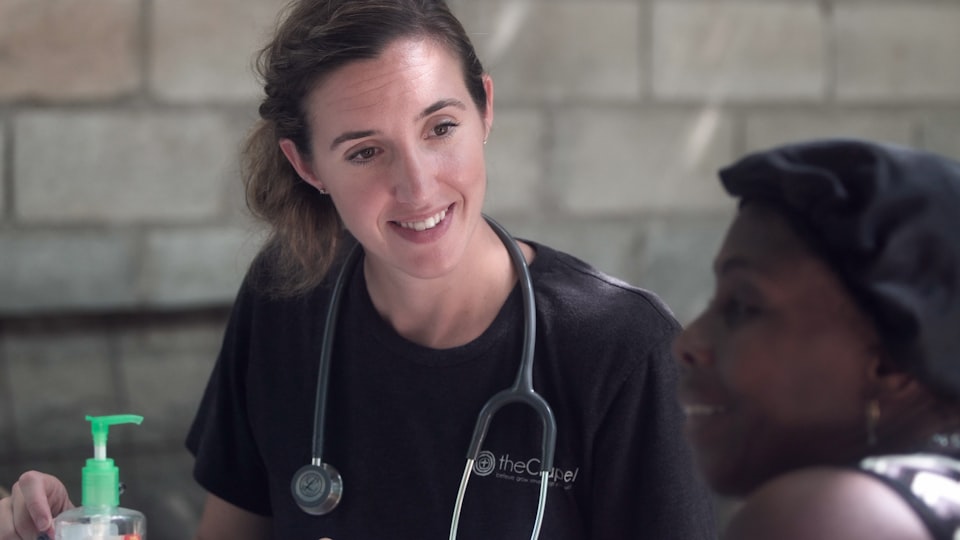What is “Race Correction”?

Health care providers often use tests to assess a patient’s health. In many cases, health care providers calculate test results differently for Black patients than they do for everyone else, and that is not good. Overall, race correction means that Black people are diagnosed late, or never diagnosed at all, for serious conditions from heart, kidney and lung diseases to cognitive impairment. It also means that Black people are systematically excluded from timely access to life-saving treatments like organ transplants and other surgeries.
Race correction has no scientific basis because “race” is not biological. It is a social construct that is applied differently in different times and in different places. In fact, scientists have shown us that people have more in common genetically across “racial” groups than within them. Having melanin does not make a Black person a different “race” of human beings.
Investigating the impacts of anti-Black racism on Black communities and Black peoples is not the same thing as using “race” as a biological variable. When health care providers, health systems or researchers treat race as a biological variable, their work is based on false assumptions, so it produces false results. This is why it is problematic to collect and use “race”, ethnicity and ancestry in a patient's medical treatment and record i.e. electronic medical record (EMR). Unfortunately, however, much of health care and research still treats race as a biological as opposed to a social construct, even though they may not say this out loud. This is typically due to a reliance on outdated, biased science; poor peer review; and lack of up-to-date medical or research training.
For more information on race correction, please see the Resources page for the Race Correction-A Primer and Press Release.
